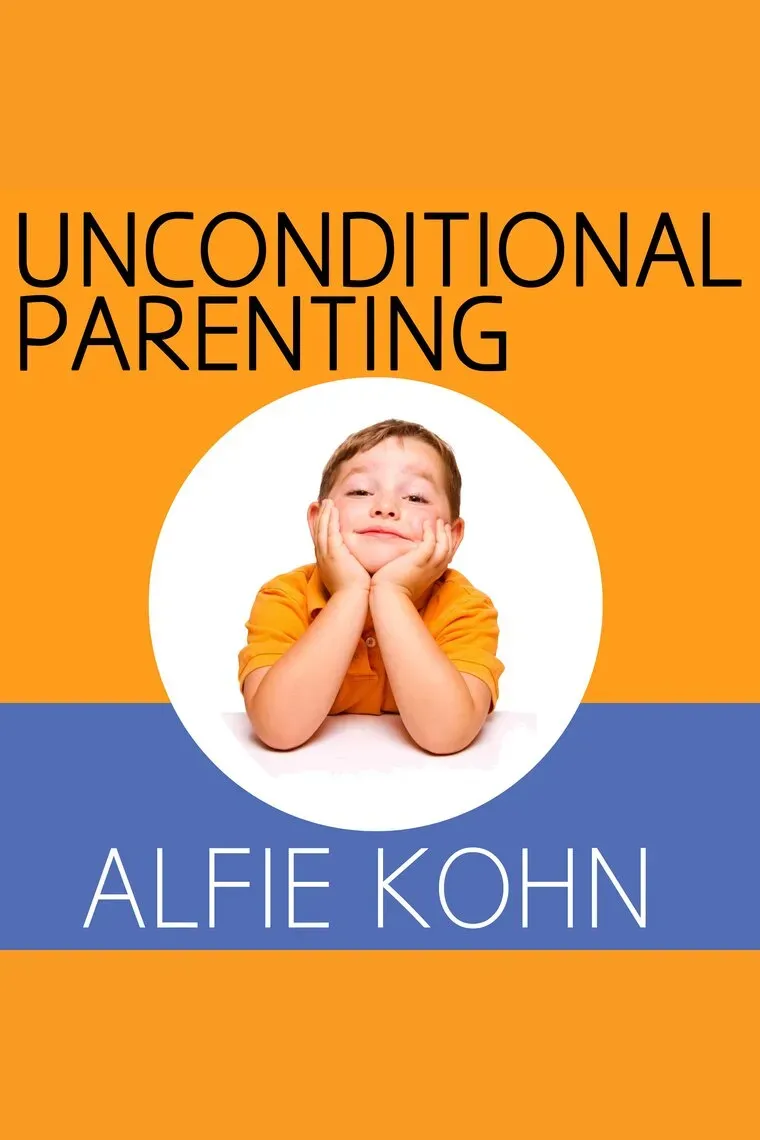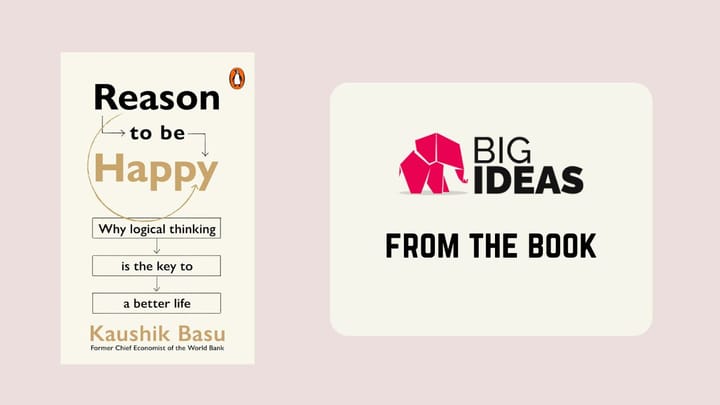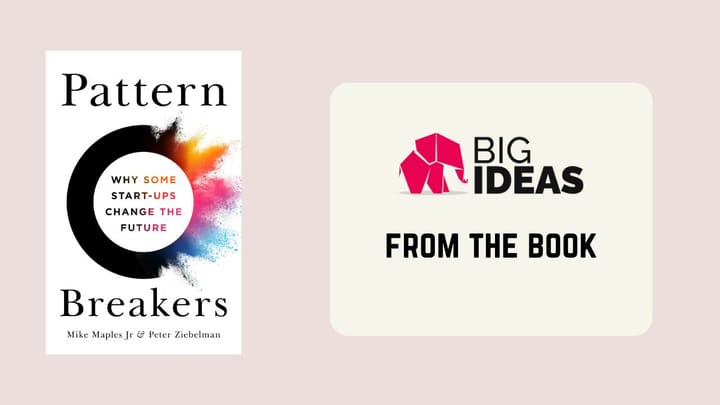Unconditional Parenting – Alfie Kohn

If we’re not careful, this can become our primary goal. We may find ourselves joining all those people around us who prize docility in children and value short-term obedience above all.
I realized that this is what many people in our society seem to want most from children: not that they are caring or creative or curious, but simply that they are well behaved. A “good” child—from infancy to adolesence—is one who isn’t too much trouble to us grown-ups.
Conditional Parenting
We can love our children in different ways. The book looks at one such distinction—between loving kids for what they do and loving them for who they are.
The first is conditional, which means it must be earned by the children through acting in ways we deem appropriate or by performing up to our standards.
The second sort of love is unconditional: it is given either way and is not based on whether they are successful, well behaved, or anything else.
Power And Love
The distinction between power-based and love-based discipline is not all there is
Power-based discipline is obviously a bad choice of parenting as it includes physical punishment like hitting or yelling. However, the love-based approach is not necessarily better if it includes love withdrawal.
Both communicate to children that if they do something we don’t like, we’ll make them suffer in order to change their behavior. The only remaining question is how we’ll make them suffer: by causing physical pain through hitting or by causing emotional pain through enforced isolation.
Unconditional parenting
Conditional parenting is mainly rooted in the school of thought known as behaviorism, commonly associated with the late B. F. Skinner. Here, external forces, such as what someone has previously been rewarded or punished for doing, account for how we act.
Unconditional parenting assumes that behaviors are just the outward expression of feelings, thoughts, needs, and intentions. In a nutshell, it’s the child who engages in a behavior, not just the behavior itself, that matters.
Consequences of love withdrawal
There isn’t a lot of scientific research on love withdrawal, but the few studies that exist turn up consistent findings: Children on the receiving end tend to have lower self-esteem. They display signs of poorer emotional health overall and may even be more apt to engage in delinquent acts. If we consider a broader category of “psychological control” on the part of parents, older children who are treated this way are more likely than their peers to be depressed.
But the most striking long-term effect of love withdrawal is fear. Even as young adults, people who are treated that way by their parents are still likely to be unusually anxious. They tend to display a significant fear of failure. Their relationships tend to show a need to avoid attachment.
But unconditional parenting insists that the family ought to be a haven, a refuge, from such transactions. In particular, love from one’s parents does not have to be paid for in any sense. It is purely and simply a gift. It is something to which all children are entitled.
Differences between conditional and unconditional parenting
Conditional parenting:
- Focus: Behavior (what can be observed from the outside)
- View of Human Nature: Negative (child will abuse power or behave badly)
- View of Parental Love: A privilege to be earned (and never to be given freely)
- Strategies: “Doing to” (Control via rewards and punishments)
Unconditional parenting:
- Focus: Whole child (including reasons, thoughts, feelings)
- View of Human Nature: Positive or balanced
- View of Parental Love: A gift (there are no strings attached)
- Strategies: “Working with” (problem solving)



Comments ()